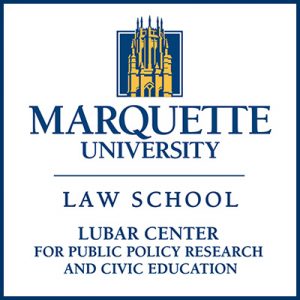Wisconsin’s Local Governments Face a Time Crunch in Redrawing Boundaries

In a race against time to draw new district lines for local governments, three of Wisconsin’s four largest counties are off to a slower-than-recommended start—a delay that could throw the state’s three biggest cities behind schedule as well.
Perhaps not coincidentally, those three counties—Milwaukee, Dane, and Brown—are the same ones that have created independent advisory bodies to devise their supervisory district maps. That means they faced the added challenge of inventing a new redistricting process when their timeline was more compressed than ever before.
By contrast, the Waukesha County Board used its traditional process, working through a board committee, and approved a preliminary supervisory district map on September 14, one day ahead of the target date recommended by the Wisconsin Counties Association.
All of the state’s counties and municipalities, along with the Racine Unified School District (RUSD), are under pressure to finish redistricting before December 1, when candidates can begin circulating nomination papers to run in the spring 2022 elections. If any of them miss that deadline, the legal consequences are uncertain.
